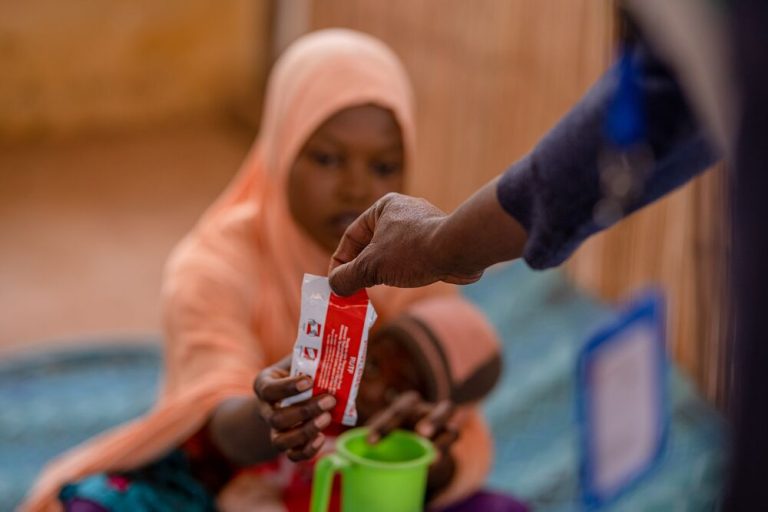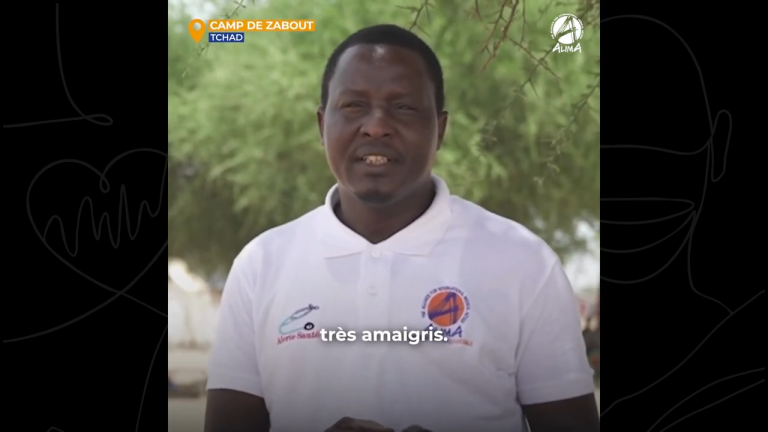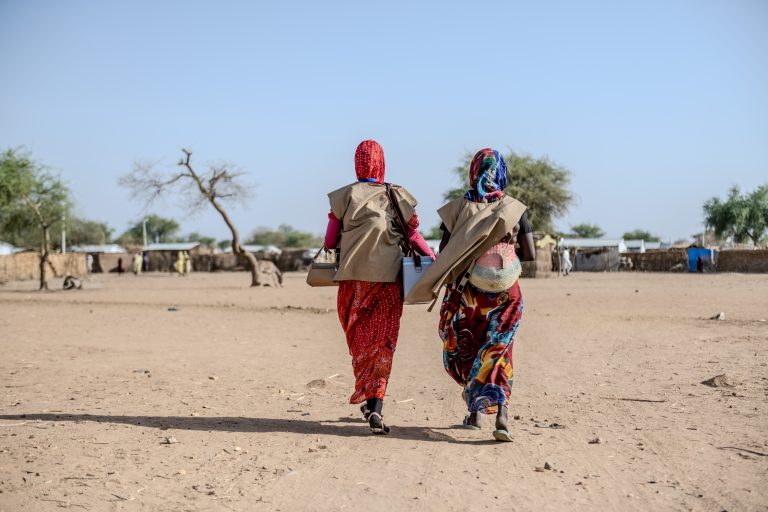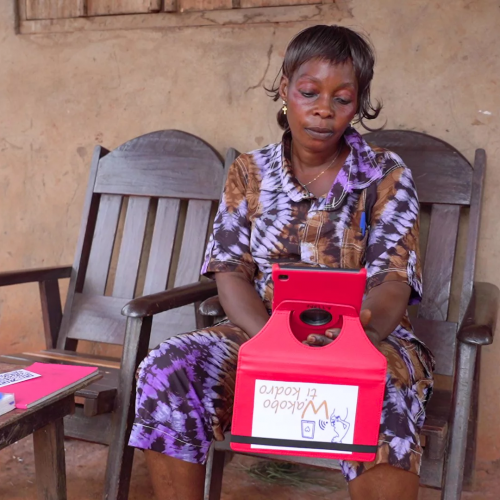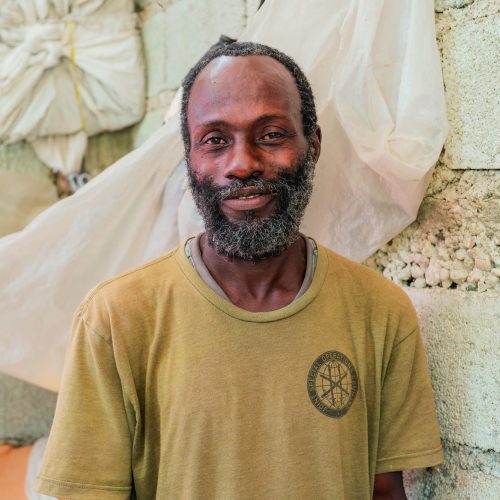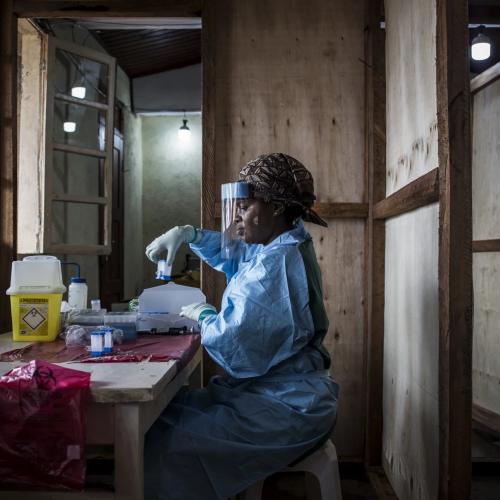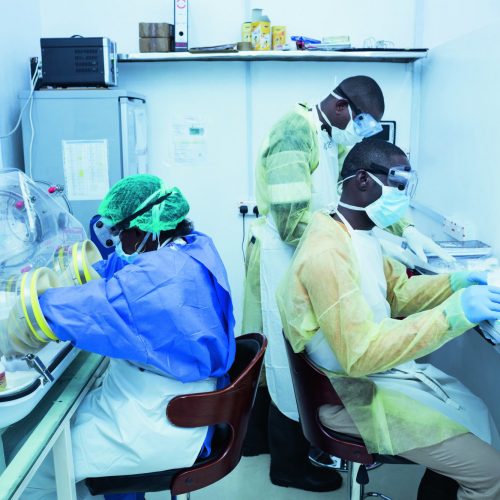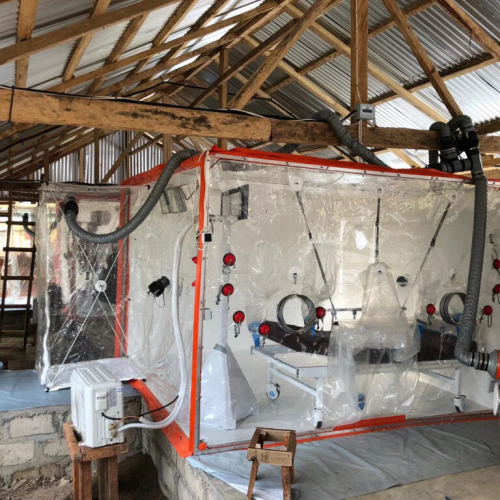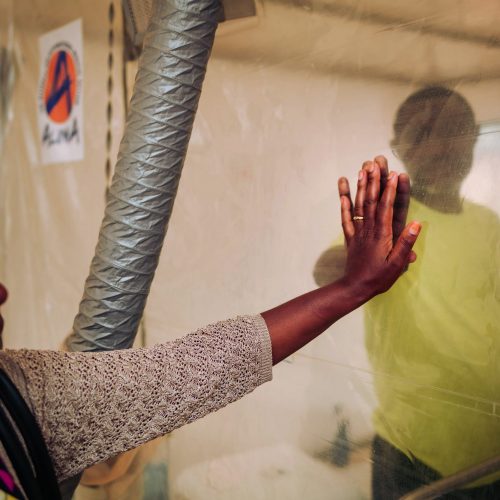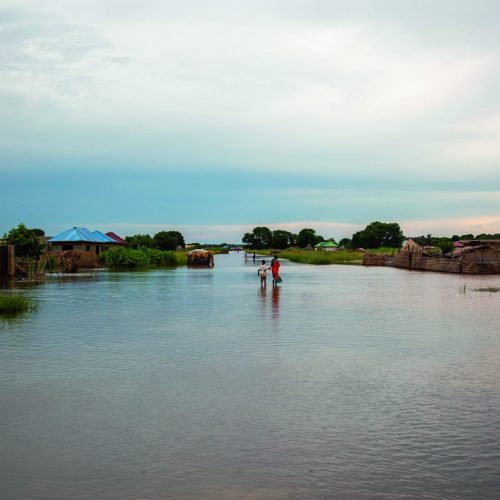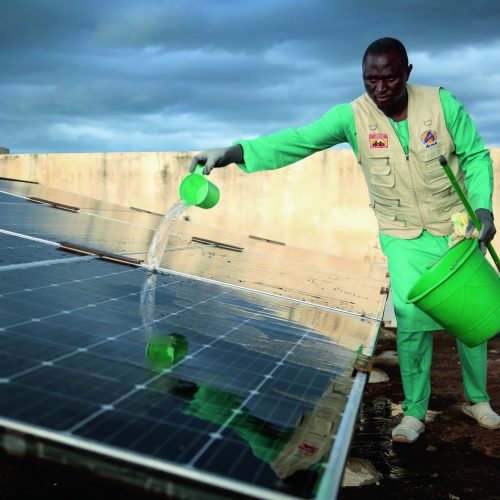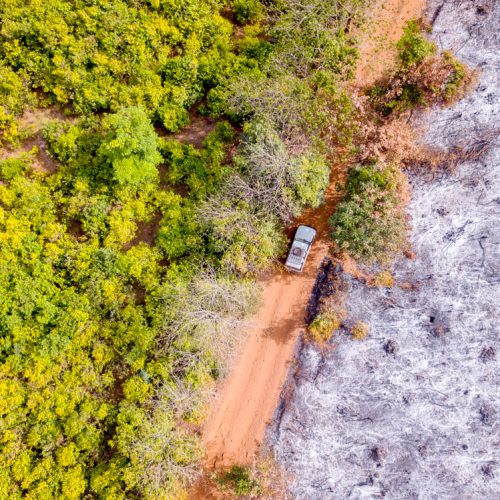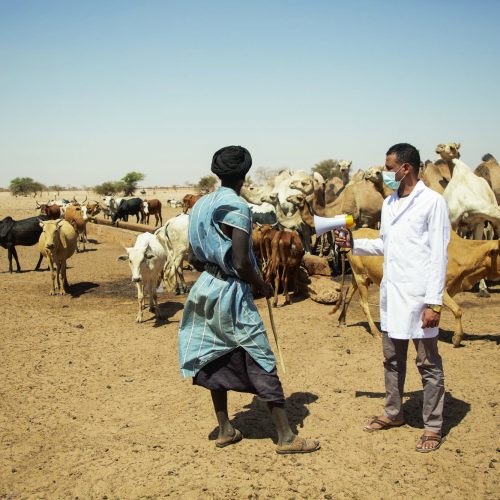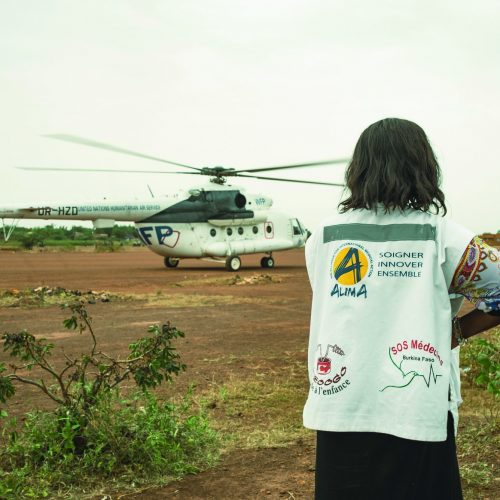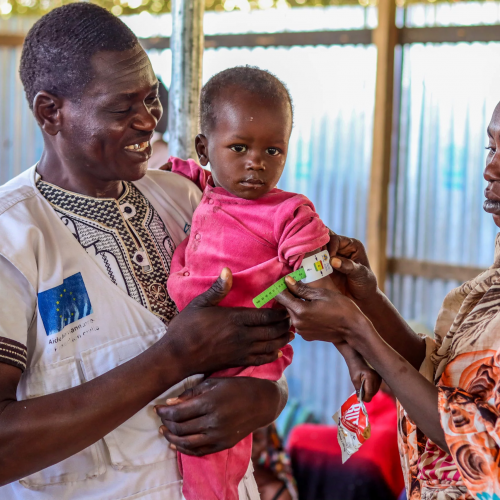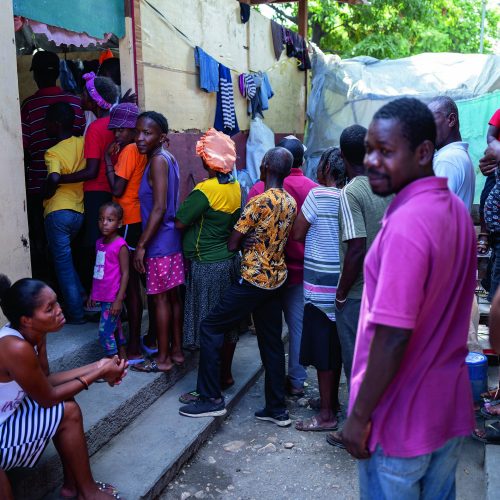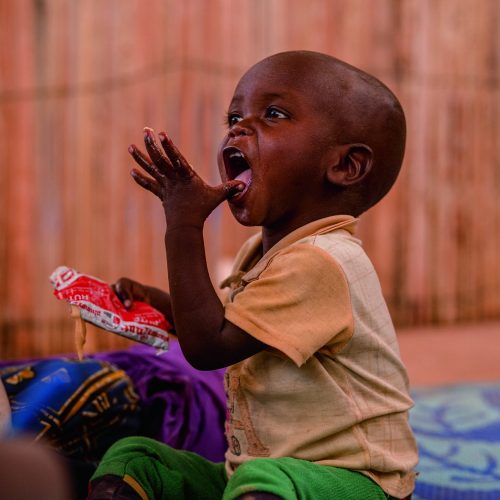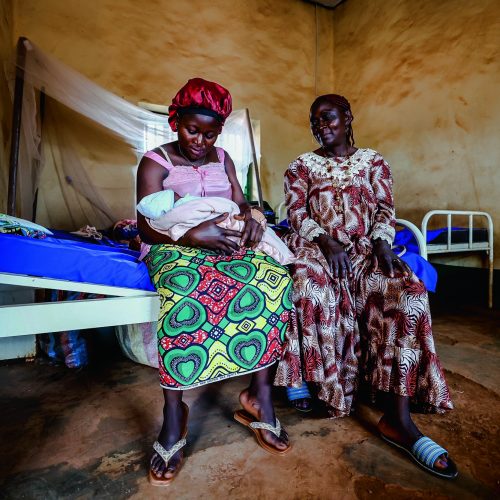When we witnessed the epidemic tidal wave hitting the West and spilling over into hospitals in early 2020, ALIMA quickly realized that the most urgent need in the face of COVID-19 would be patient care. Our first priority was to increase the capacity of intensive care beds in our countries of intervention with a massive supply of oxygen and tools for ventilation and patient monitoring. At the same time, we ensured the protection of health care workers by improving care circuits, providing protective equipment and training ALIMA teams and partner ministries of health. Following this, the next challenge was, on the one hand, to mobilize flexible financing to help university hospitals in large African cities where we take care of patients when there are major epidemic peaks. And, on the other hand, to mobilize funding for our emergency actions in order to be more autonomous and more proactive in the face of the crisis.
Mobilizing vaccine doses in Africa is a challenge
The arrival of vaccination was another important step. It was a lifesaver for the countries of the Global North, which quickly used it to get out of confinement and relieve their health care structures. However, vaccine supply distribution worldwide was criticized from the beginning. Indeed, we noticed that the mobilization of vaccine doses for Africa and other poor regions of the world was not a priority. That is why we defined a clear focus for managing the limited supply of vaccines: to identify the most vulnerable people and ensure maximum coverage for these at-risk populations. Even if the governments of the countries where we work have finally opened vaccination to all those over 18 years of age, for us, it is important to target as a priority people over 50 years of age and those with co-morbidities such as chronic, cardiovascular, or metabolic diseases. The particular challenge of this strategy in Africa is that there is no satisfactory medical follow-up to track a patient’s medical history, so these pathologies are poorly managed and can easily lead to complications with COVID-19, even in subjects under 50 years of age.
Reassuring people and avoiding anxiety-provoking communication
African populations have always been vaccinated in the event of epidemics, so there is no reason for them to be more reluctant about this particular vaccine. But we think it is very important that medicine be more attentive. Nowadays, the practice of medicine is impacted by machines and technological progress, there is a strong focus on the ability to diagnose, and less and less consideration is given to the opinion and feelings of patients. There is less room for the human dimension. We need to preserve human contact by being more attentive, available and intelligent. Because of communication challenges at the beginning of the pandemic, which contributed greatly to mistrust of vaccines, the subject of the pandemic has become a source of anxiety. This is why it is important for ALIMA and its local partners to be more available and present in the field. We must succeed in reassuring people and clarifying the messages from the West. We must also succeed in developing messages that are adapted to the continent and that take people’s’ concerns into account. If the messages are polluted at the source, how do you expect them to be accepted in Africa? I am convinced that this is how we will make everything work. By showing humanity, intelligence and respect. Humanitarian medical practice has never been perceived as quality care. That’s what ALIMA wants to change. We want to provide quality care to patients and be accountable to them regardless of their situation. Our desire to transform medical practice in a humanitarian context is not just a slogan, it is truly the way we act.
Cover photo : © Zigoto Tchaya Tchameni / ALIMA

